
Why you shouldn’t sleep with a fan at night?
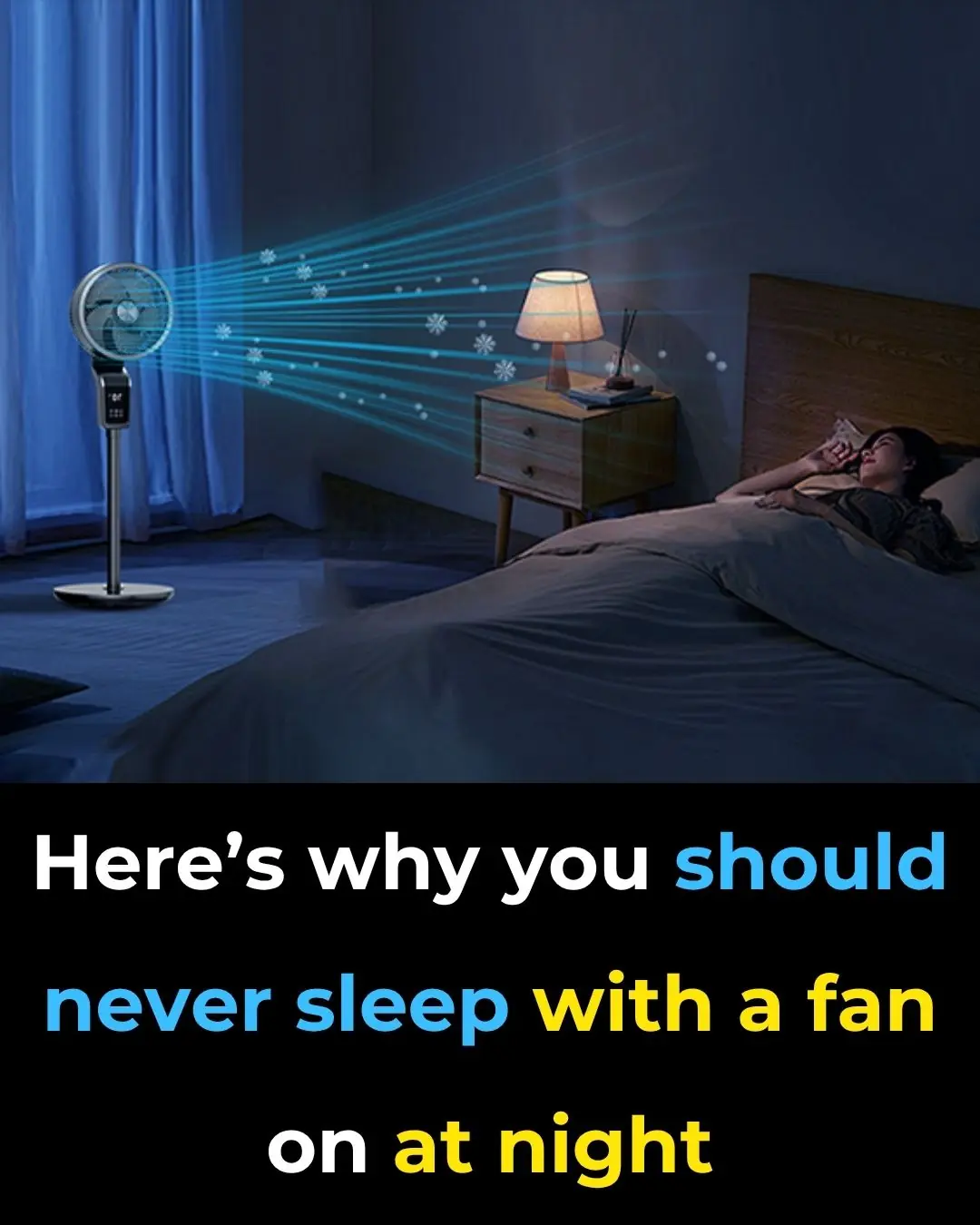
It’s a familiar scenario: after a long, hot day, you climb into bed, crank the fan to its highest setting, and bask in the cool breeze to help you drift off to sleep. While using a fan might feel like a natural and comfortable solution for combating heat and humidity, experts warn that sleeping with a fan at night might not be as harmless as it seems. In fact, using a fan during sleep can have unexpected consequences on your health.
In this article, we’ll delve into the reasons why you should reconsider using a fan while sleeping, what potential risks it poses, and alternative methods for staying cool at night without compromising your health.
1. Dryness and Dehydration of Skin and Mucous Membranes
One of the most common side effects of sleeping with a fan is dryness. When a fan blows air directly onto your face or body for an extended period, it can rapidly dry out the skin, eyes, and mucous membranes, including the mouth and throat.
Impact on Skin:
-
Dehydration: Prolonged exposure to air circulation can remove moisture from your skin, leading to dryness, tightness, and an increased risk of irritation. For those with sensitive skin or conditions like eczema, this can exacerbate symptoms and lead to discomfort.
-
Premature Aging: Chronic dryness can accelerate the appearance of fine lines and wrinkles. When skin moisture is depleted, it becomes less elastic, which contributes to sagging and premature aging.
Impact on Mucous Membranes:
-
Dry Eyes: Blowing air directly on the eyes can cause them to dry out, leading to irritation, redness, and eye strain.
-
Dry Mouth and Throat: The constant air circulation can also cause your mouth and throat to dry out, which can be especially uncomfortable upon waking up in the morning. Dryness in the throat can lead to hoarseness and increase the likelihood of developing a sore throat.
2. Disrupted Sleep Quality and Restlessness
While the sound of a fan might seem soothing to some, it may actually interfere with deep, restful sleep for others. The constant hum of the fan can become disruptive for light sleepers and can lead to restlessness throughout the night.
Impact on Sleep:
-
Disruption of REM Sleep: The fan’s noise can disrupt REM sleep (Rapid Eye Movement sleep), which is essential for restorative rest. REM sleep is the stage when the body performs most of its healing and repair processes. Constant disruption can lead to lower sleep quality, leaving you feeling tired and unrefreshed in the morning.
-
Sleep Fragmentation: Even if the fan doesn’t wake you up entirely, the noise can lead to frequent awakenings throughout the night, preventing you from experiencing the necessary deep sleep cycles.
3. Increased Risk of Allergies and Respiratory Problems
Fans can inadvertently stir up allergens and dust particles in the air, circulating them throughout the room. This can lead to respiratory discomfort, particularly for individuals with allergies, asthma, or other lung conditions.
Allergy Concerns:
-
Dust and Pollen: If your fan is not regularly cleaned, it may accumulate dust, pollen, and other allergens in the blades or filters. When you turn it on, the fan blows these particles into the air, potentially leading to sneezing, itchy eyes, runny noses, and asthma flare-ups.
-
Mold Growth: If the fan is near a damp area (like a window), it could contribute to the growth of mold and mildew, which further aggravates allergies and respiratory issues.
Air Circulation:
-
While fans can help improve ventilation, poorly circulating or stale air can cause the buildup of carbon dioxide and poor indoor air quality, which may affect your breathing and overall health.
4. Risk of Stiffness and Musculoskeletal Pain
Many people place their fans directly next to them, or blow air on their body while they sleep, which can cause discomfort and even musculoskeletal pain. Sleeping in a drafty environment or with air constantly blowing on specific body parts can lead to:
-
Neck and Shoulder Stiffness: The muscles can become tense or strained from prolonged exposure to air currents, especially if your head, neck, or shoulders are in the direct path of the fan.
-
Cold Sensitivity: Air blowing directly on the skin can create a cold sensation in certain areas, leading to muscle cramps and tightness, particularly in the neck, back, and shoulders.
5. Risk of Dryness for Those with Respiratory Conditions
For individuals with chronic respiratory conditions such as asthma or chronic obstructive pulmonary disease (COPD), sleeping with a fan can worsen symptoms.
-
Increased Airway Dryness: For people with asthma, the drying air from the fan can irritate the airways, leading to wheezing, coughing, and difficulty breathing.
-
Increased Sensitivity: Dry air can increase sensitivity in people who are prone to allergic rhinitis or sinusitis, leading to inflammation and congestion.
Alternatives to Sleeping with a Fan
If you find that a fan is necessary for cooling, there are ways to mitigate the negative effects:
1. Use an Air Purifier: Invest in an air purifier to improve indoor air quality and reduce allergens circulating through the room. Many air purifiers also have built-in humidifiers, which can counteract dryness caused by fans.
2. Proper Ventilation: Ensure your room is well-ventilated by keeping windows open or using a cooling system like air conditioning (with proper humidity control) to avoid the dryness caused by fans.
3. Stay Hydrated: Drink water throughout the day, and consider keeping a glass of water near your bed while you sleep to prevent mouth and throat dryness.
4. Use a Humidifier: Using a humidifier in the room can help maintain a balanced level of humidity, which prevents your skin and airways from becoming too dry.
5. Cool Down Before Bed: Instead of using a fan, try cooling down naturally by taking a cool shower or using cooling bedding. Sleep in light clothing to avoid feeling too hot.
Conclusion
While fans may provide a quick and easy way to cool down at night, there are several hidden risks associated with sleeping with one. Dryness, respiratory issues, disrupted sleep, and musculoskeletal pain are just a few of the potential side effects. Instead of relying on fans, consider other cooling methods like air conditioning, humidifiers, or cooling bedding to ensure a comfortable and restful night’s sleep. By being mindful of your sleep environment, you can maintain your health while ensuring a more relaxed and rejuvenating rest.
News in the same category


Sweet Potatoes: Who Should Skip Them and Why

If you have these two small dimples on your lower back, they reveal something fascinating

Why are the toilets on the train connected directly to the tracks?

Why eating boiled corn and sweet potatoes in the morning is good for you — 3 key benefits

Strange but True: Europe Now Demands That Sausages and Burgers Must Contain Meat — Here’s Why
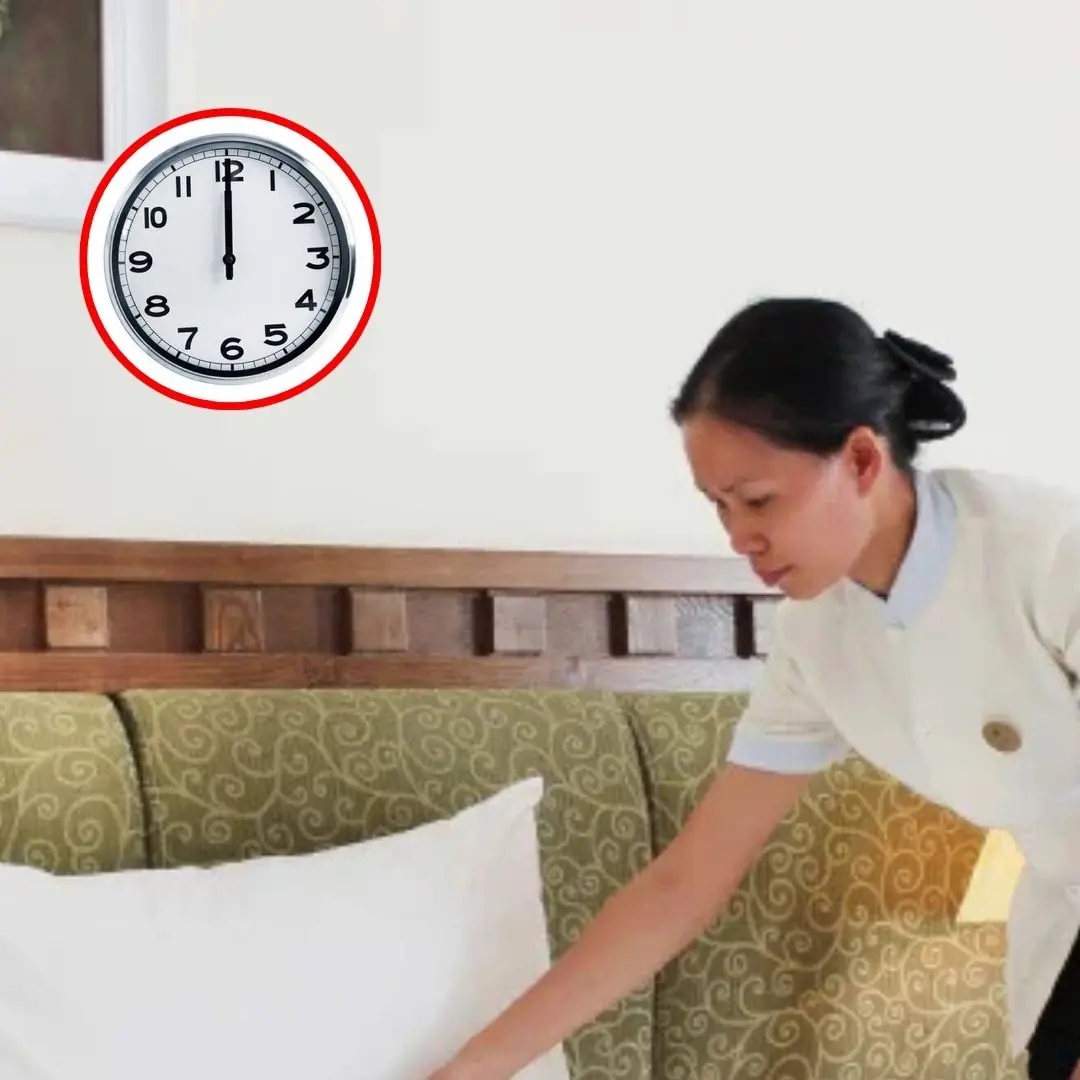
Why is hotel check - out always at 12 o'clock? Not for cleaning, the reason surprises many people

Can rice left in a rice cooker overnight still be eaten: Today I was star.tled when I found out the answer

The Truth Behind Why Flight Attendants Don’t Lift Passengers’ Bags

Always Close the Bathroom Door When Not in Use — I Regret Not Knowing This Sooner in My 30 Years of Life

24-Year-Old Woman Suffers Sto.mach Perforation After Replacing Breakfast with Popular Drink

What is the serrated hole on scis.sors used for? It has 4 great uses, it's a waste if you don't know!

People left flabbergasted after learning what WC actually stands for
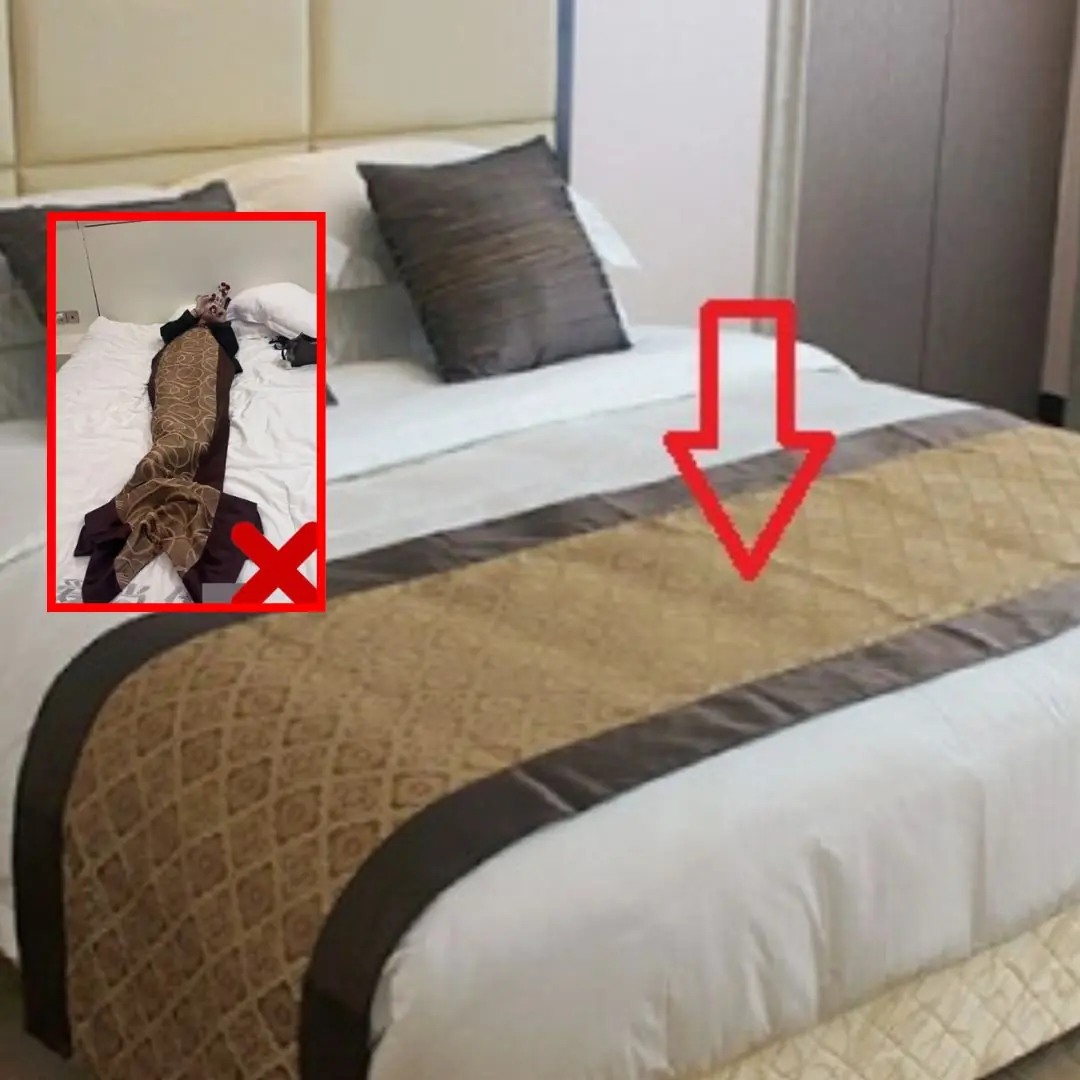
Why do hotels always have a cloth across the bed: Many people don't know what its purpose is used for

An Item Once Considered Worthless and Ignored Is Now Being Bought for Over $1,000

5 Habits That Shorten Men's Lifespan: Smoking Only Ranks 4th

When eating tomatoes, never eat them with these 4 foods. It's not too late to know now

3 'extremely toxic' parts of shrimp are full of parasites, don't try to eat them or it will harm your health

Before You Snack on Sunflower Seeds, Read These 11 Sho:cking Facts!
News Post
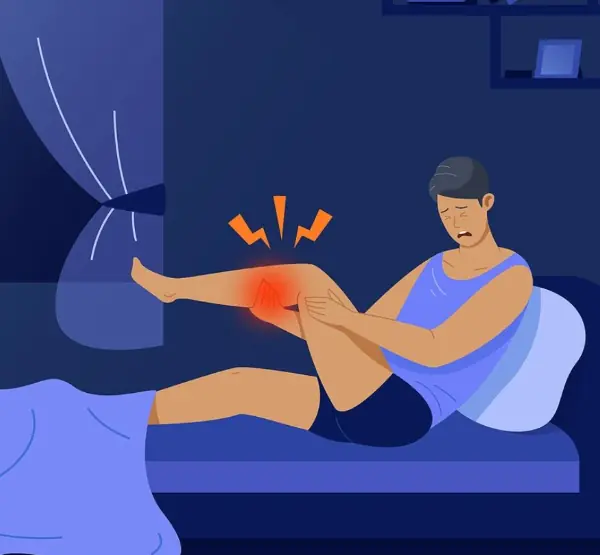
If you have night cramps, this is what your body is trying to tell you
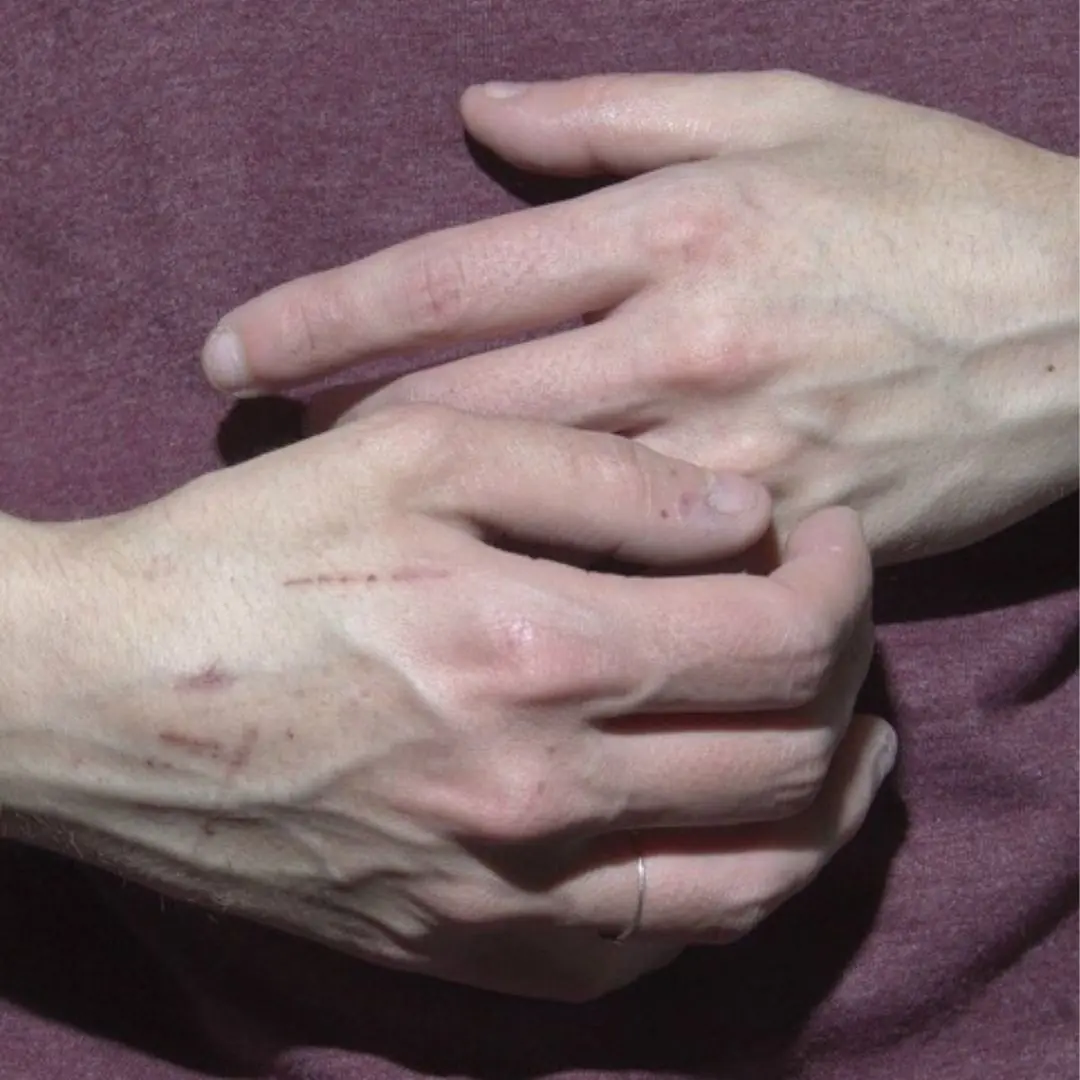
If you see someone with bulging veins, you must tell them these things...

My In-Laws Demanded I Kick Out My Nephew from Our Wedding Because of His Scars — My Wife Gave Them a Wake-Up Call

4 parts of the chicken contain many pa.rasites but many people still eat them without worry

I Bought Food for a Poor Old Man – But a Few Months After He Died, A Dusty Box He'd Owned Arrived for Me

Sweet Potatoes: Who Should Skip Them and Why

Doctors Find Tapeworms in a US Man's Brain Who Ate Undercooked Pork

If you have these two small dimples on your lower back, they reveal something fascinating

Old Farmer’s Advice: “When Buying a Pumpkin, Don’t Look at Its Size — Focus on These 4 Things to Pick the Best One!”

Add These Two Ingredients When Cooking Rice

My Mom Abandoned Me for Money – Years Later, She Came Crawling Back on Her Knees

Cops Target a Homeless Veteran at a Diner, Until He Makes One Phone Call and Ends Their Career

Extraordinary Visual Skills If You Can Spot The Cat

Why are the toilets on the train connected directly to the tracks?

Doctors identify the blo.od type most at risk developing stomach can.cer

Refrigerator has a small button that can save millions in electricity bill

My Husband of 12 Years Started Locking Himself in the Garage – When I Finally Broke the Lock, I Realized I Never Really Knew Him

Surprising causes of hives revealed - What may be triggering your skin
